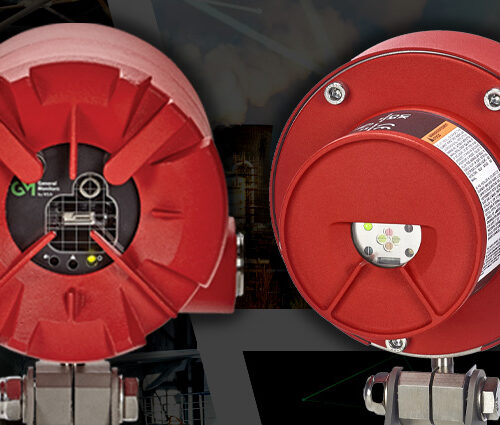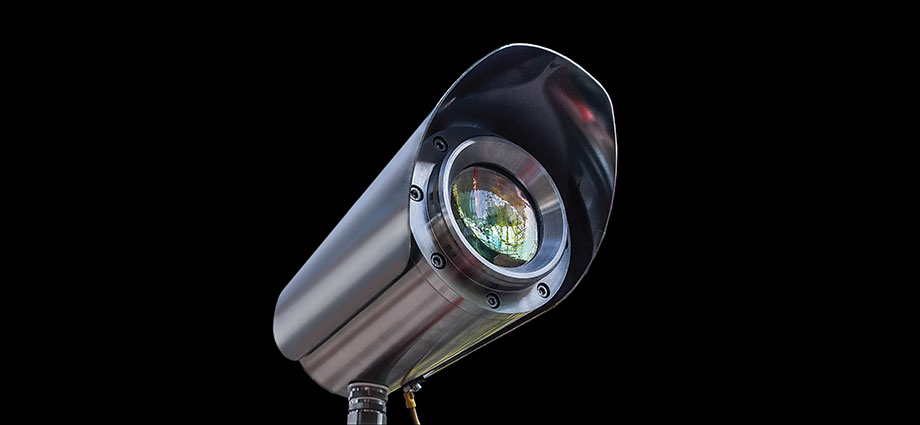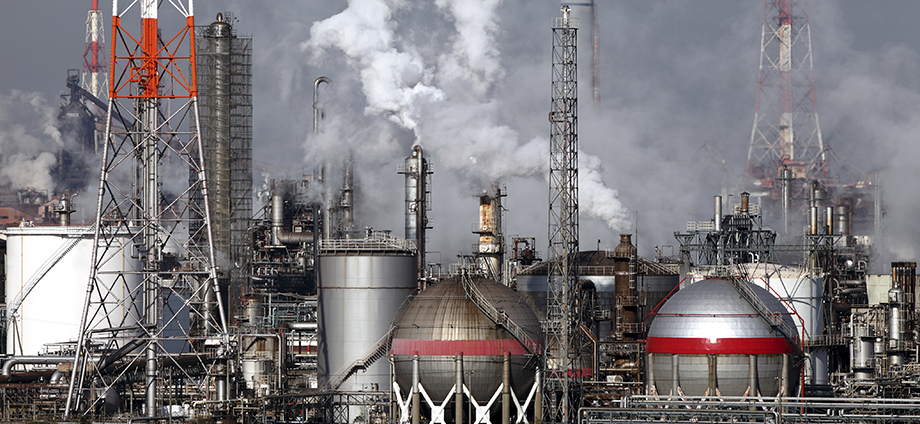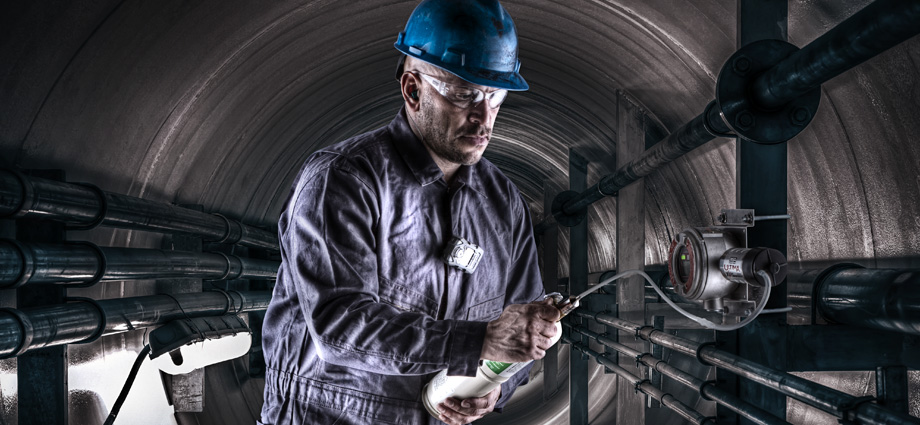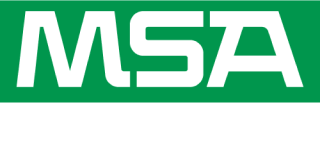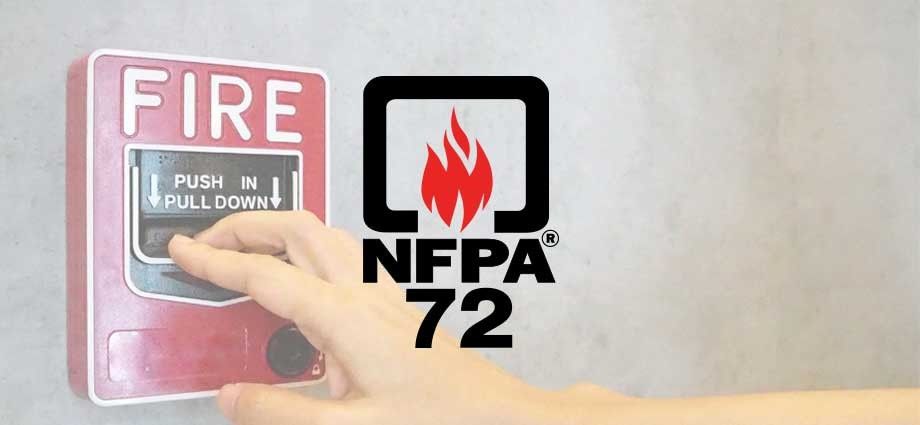
NFPA 72® is the most widely recognized code with respect to fire detection, signaling, and emergency communications. More importantly, many municipalities adopt NFPA 72 into their own fire codes, which means that once adopted, NFPA 72 becomes part of the law.
Because NFPA 72 is a vital part of fire and gas safety, it’s important for industrial organizations that are concerned with fire protection and life safety hazards to understand the critical changes within the code; especially changes that have occurred over the past several years.
What is NFPA 72?
NFPA 72: National Fire Alarm and Signaling Code® is a consensus standard of the National Fire Protection Association or NFPA. NFPA is a nonprofit organization dedicated to saving lives and reducing loss by providing information and knowledge through 300 consensus codes and standards.
Here’s how NFPA summarizes the NFPA 72 consensus code:
NFPA 72 provides the latest safety provisions to meet society’s changing fire detection, signaling, and emergency communications demands. In addition to the core focus on fire alarm systems, the Code includes requirements for mass notification systems used for weather emergencies; terrorist events; biological, chemical, and nuclear emergencies; and other threats.
National Fire Alarm and Signaling Code 2022
What does NFPA 72 have to do with fire and gas detection?
A major overhaul of NFPA 72 in 2019 and a 2022 code revision have shifted how organizations are (or should be) thinking about fire and gas detection and protection.
With a major change such as this come major questions. We compiled the top 3 most common questions about the NFPA 72 updates and revisions and posed them to our Fire and Gas Systems Operations Manager Corey Miller. Not only does Corey have decades of experience in fire and gas safety, he is a member of NFPA and works on the NFPA 72 Signaling Systems for the Protection of Life and Property Technical Committee®.
Here’s what Corey has to say about the changes to the code, and the implications for industrial applications.
-
What changes were made to NFPA 72 in 2019?
-
Is NFPA 72 applicable only in the U.S.?
No. NFPA 72 is a guide for state, local, and regional authorities across the globe who are concerned with fire and gas safety. In addition to being adopted in virtually every state in the U.S., NFPA 72 is prevalent in many other countries. Canada uses its own code, CSA, although CSA often references standards issued by other organizations in other countries, including NFPA.
-
Is compliance with NFPA 72 really necessary?
Another thing to keep in mind is this: There’s a certain comfort level for fire inspectors when they see an NFPA 72-compliant system. We’re even seeing a trend among the insurance industry where some are offering discounts for NFPA 72 compliance.
To ensure compliance with the latest and greatest code, it’s standard practice for the big design firms and others to look at the code, using it as a basis for designing a new facility or updating an existing one.
So, before installing a fire alarm panel, we recommend verifying compliance with NFPA 72, not just for fire but also for gas. It’s important to know that very few fire alarm panels have combined NFPA 72-compliant fire and gas detection systems.
As a global leader in the development, manufacture, and supply of safety products to protect people and facility infrastructure, we’re on a mission to help reduce death, injury, and property loss resulting from fire, and related hazards, which is why our HazardWatch FX-12 Fire and Gas Detection System is verified for NFPA 72 compliance.
NFPA 72 is a guide for local authorities that have jurisdiction over fire protection. Because it’s been around for many years the code has morphed and changed. Right now, updates are issued every three years. The next code revision is coming in 2025, although we don’t expect any major revisions.
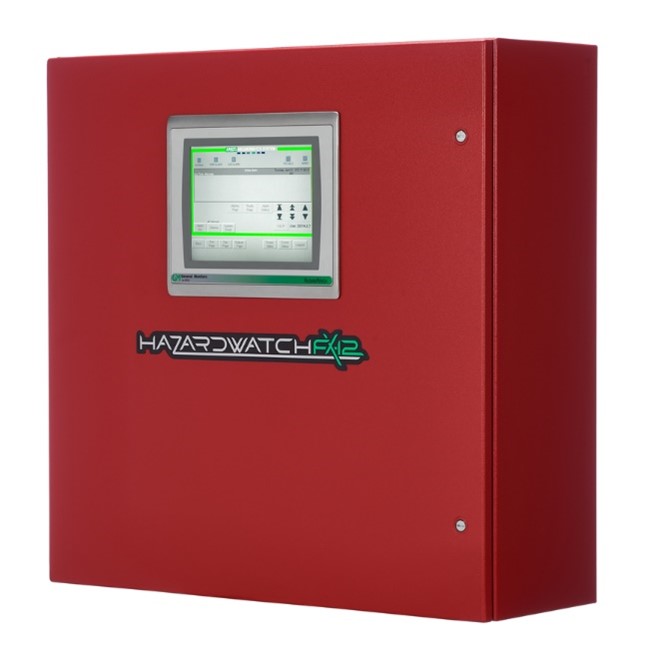
The most recent and significant change came in 2019 when the committee made big strides—and big changes—to the code by closing out a separate gas code (NFPA 720) and bringing it into NFPA 72. As a result of this code change, state and local authorities are beginning to mandate a combined fire and gas system like the HazardWatch® FX-12 Fire and Gas Detection System.
In the old days, fire authorities didn’t want fire and gas codes together. Now, as organizations shift from using diesel and gasoline to natural gas, there’s a bigger concern for combustible (methane and hydrogen) and toxic (carbon dioxide and nitrogen dioxide) hazards. Unlike residential applications where natural gas contains the odorant mercaptan for easier detection, commercial applications require additive-free natural gas.
But, without a compliant gas detection solution, there’s a good potential for undetectable natural gas leak hazards. Because these fuel transitions are happening, the committee felt it was time to revise the code, giving it more “teeth” so to speak.
State-of-the-Art Fire and Gas Detection & Protection
One of the most critical elements of fire protection and life safety are fire and gas (F&G) systems. F&G systems are used to monitor environmental conditions. They provide early detection of fire and gas hazards to help save people and property from harm. They also alert emergency responders.
As a consensus standard for F&G systems, NFPA 72® provides specific requirements for the installation, inspection, testing, and maintenance of fire and gas detection systems.
Of course, it’s important to refer to the full code for details and specifics. However, here are some key requirements of NFPA 72 as it relates to fixed gas and flame detection (FGFD) products:
- Smoke detectors, heat detectors, flame detectors, and gas detectors must be properly placed to ensure adequate coverage and early detection of fire and gas hazards.
- Systems must be wired properly and have a proper power supply to ensure reliable operation.
- Systems must include adequate notification appliances, such as horns, strobes, and speakers, to alert building occupants in the event of an emergency.
- Systems must include central monitoring stations or other means of alerting emergency personnel, such as a fire department connection (FDC) or remote monitoring service.
- Systems must be regularly tested and maintained to ensure proper operation and compliance with applicable codes and standards.
Conclusion
Other standards may apply or supersede NFPA 72, so be sure to consult with the local authority having jurisdiction (AHJ), fire department, or qualified fire protection professional to determine the unique requirements for your building or facility. These authorities, agencies, and professionals may be best qualified to assess your facility’s risk factors, as well as review local codes and regulations, providing guidance on whether an NFPA 72-compliant system is required.
At MSA, we’re committed to providing next-generation safety solutions, which is why our FGFD solutions are designed and tested to meet the world’s most demanding safety standards, including NFPA 72.
If you still have questions about NFPA 72 and its impact on your fire detection or life & safety system, we invite you to talk with one of our experts.
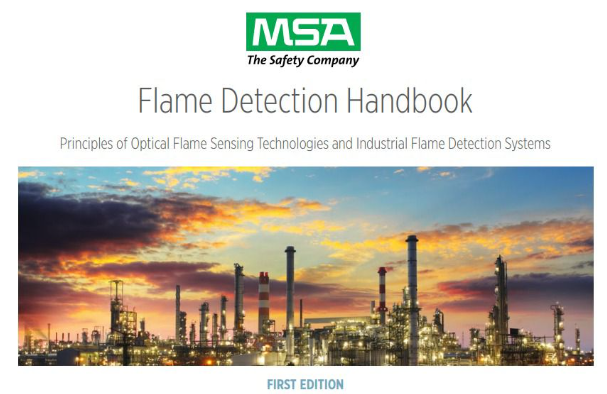
For a comprehensive overview of flame detectors, such as operating principles and coverage best practices, download our Flame Detection Handbook.
Download the Handbook

